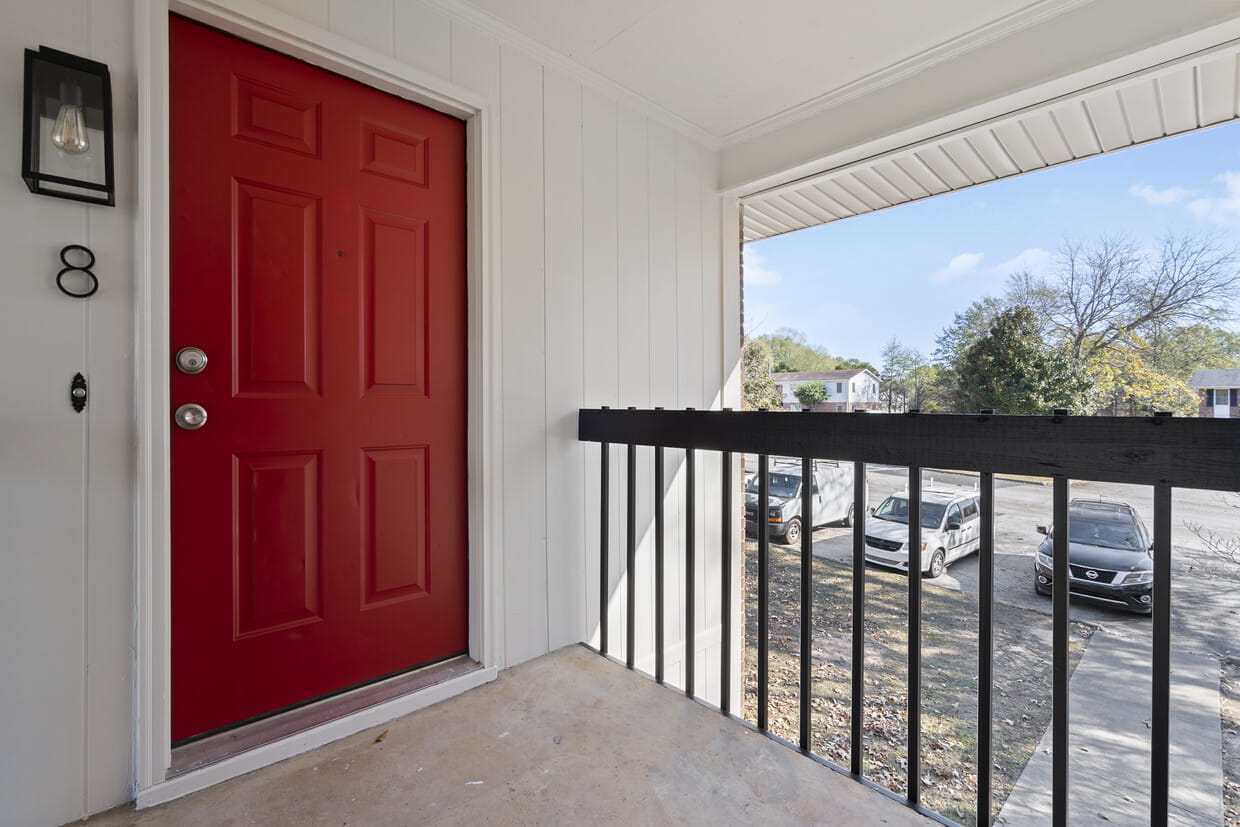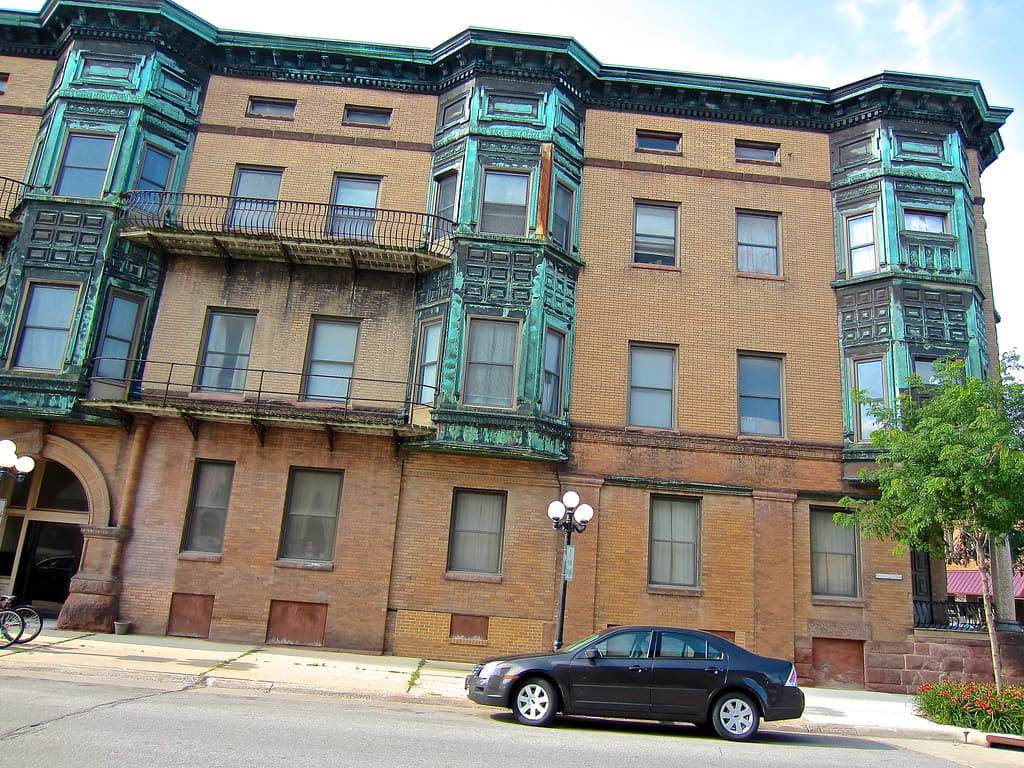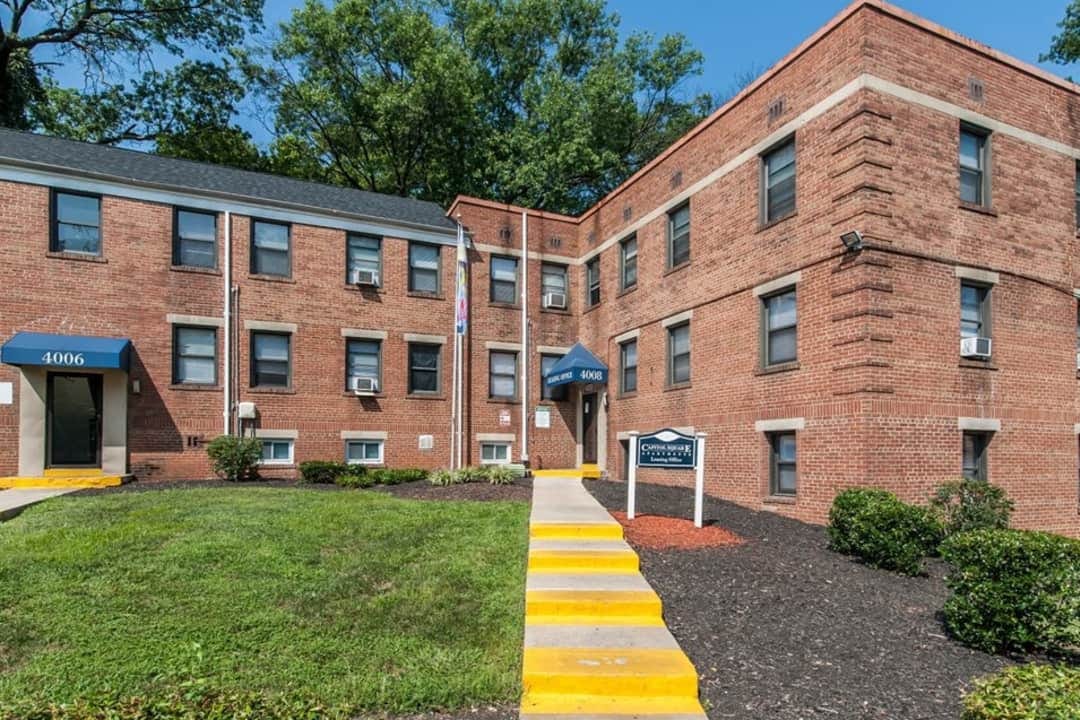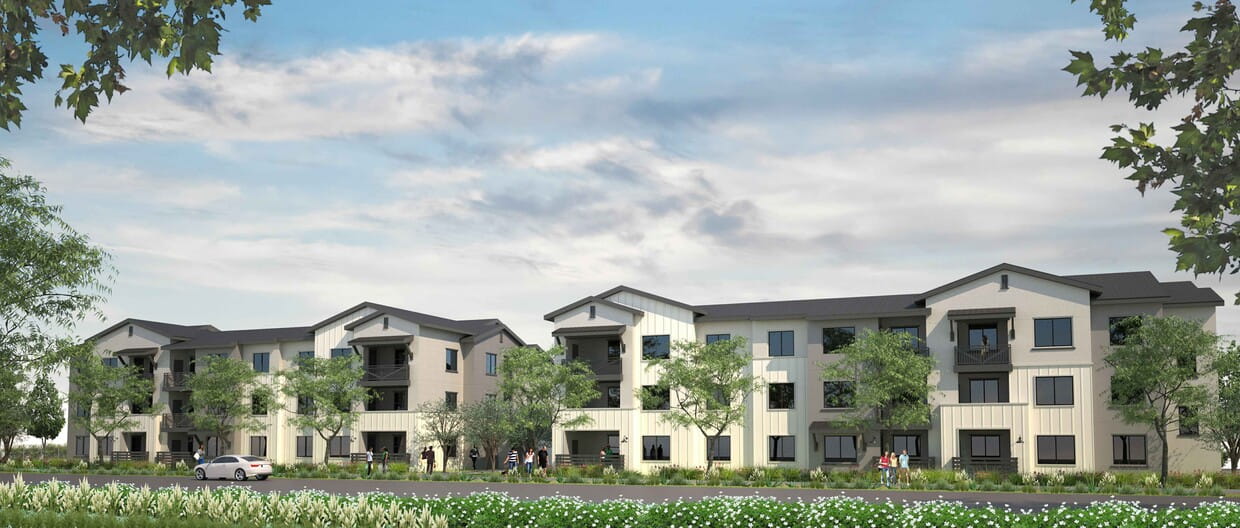When it comes to housing decisions in California, one of the most critical questions people face is whether to rent or buy a home. The decision isn’t just about where you want to live but also involves careful financial planning. With skyrocketing real estate prices, high demand, and a dynamic rental market, it is crucial to assess the annual costs of both renting and buying a home in California to make an informed decision.
This article provides a detailed comparison of the annual costs of renting versus buying a home in California, considering key factors like mortgage rates, property taxes, maintenance costs, rent prices, and regional housing market trends.
1. The California Real Estate Market: An Overview
California has one of the most expensive housing markets in the United States. The combination of limited housing supply, high demand, desirable weather, job opportunities, and a booming tech industry has led to soaring home prices, especially in cities like San Francisco, Los Angeles, and San Diego.
As of 2024, the median home price in California stands at approximately $750,000, although this number can vary widely based on the location. In the Bay Area, the median price is often well above $1 million, while in more affordable inland regions, it may hover around $500,000.

Similarly, the rental market in California is expensive. According to data from Zillow, the average rent for a one-bedroom apartment in California is approximately $2,500 per month, while larger homes can command significantly higher rents, especially in cities like San Francisco and Los Angeles.
Given these market conditions, understanding the long-term costs of both renting and buying becomes essential for those navigating the California housing market.
2. Annual Costs of Renting a Home in California
Renting offers flexibility, particularly for those who might not want to settle in one place for the long term. However, it also comes with costs that need to be carefully considered.
Rent Payments
The most straightforward cost of renting is the monthly rent itself. For example, if you rent an apartment at $2,500 per month, your total annual rent would be:
- $2,500 x 12 months = $30,000 per year.
If you are renting a larger house or living in a more expensive area, such as San Francisco or Los Angeles, where rents can easily exceed $4,000 per month, the annual rent could be much higher:
- $4,000 x 12 months = $48,000 per year.
Rent Increases
California has rent control laws that limit how much a landlord can increase rent, but these laws differ by region. Under California's statewide rent control law (AB 1482), rent increases are capped at 5% plus the local inflation rate, or 10%, whichever is lower. Even with these restrictions, renters should anticipate gradual increases in rent over time, adding to the long-term cost of renting.

Insurance Costs
While renters don’t have to worry about property taxes or maintenance, renters’ insurance is typically a requirement. The average cost of renters’ insurance in California is around $200 to $300 annually. This protects tenants against personal property losses and liabilities.
Total Annual Renting Costs
Taking into account rent payments and renters’ insurance, the total annual cost of renting a typical one-bedroom apartment in California could range from:
- $30,200 to $48,300 per year, depending on location and size of the property.
3. Annual Costs of Buying a Home in California
Buying a home is a long-term investment, but it comes with significant upfront costs as well as recurring expenses. Here is a breakdown of the key annual costs of buying a home in California.
Mortgage Payments
The largest ongoing cost for homebuyers is the mortgage. For a home priced at $750,000 with a 20% down payment ($150,000), a 30-year fixed mortgage at an interest rate of 6% results in monthly payments of around $3,600, excluding taxes and insurance.
- $3,600 x 12 months = $43,200 per year.
In more expensive markets, where home prices exceed $1 million, the mortgage payments can easily rise to $5,000 or more per month:
- $5,000 x 12 months = $60,000 per year.
Property Taxes
In California, property taxes are generally about 1% of the home’s assessed value annually. For a $750,000 home, this means:
- $750,000 x 1% = $7,500 per year in property taxes.
In addition, many local governments impose special taxes, bonds, or assessments that can increase this annual amount.
Homeowners Insurance
Homeowners in California are required to have insurance to protect against damages and liability. On average, homeowners insurance costs about $1,200 to $2,000 annually, depending on the location and size of the property.
Maintenance and Repairs
One cost that renters avoid but homeowners must take on is the cost of maintenance and repairs. On average, homeowners should budget about 1% to 2% of their home’s value annually for maintenance costs. For a $750,000 home, this means setting aside:
- $7,500 to $15,000 per year for maintenance.
HOA Fees (If Applicable)
If the property is located within a homeowners association (HOA), you will also need to factor in HOA fees. These can vary widely depending on the neighborhood, but they often range from $200 to $500 per month, or $2,400 to $6,000 annually.
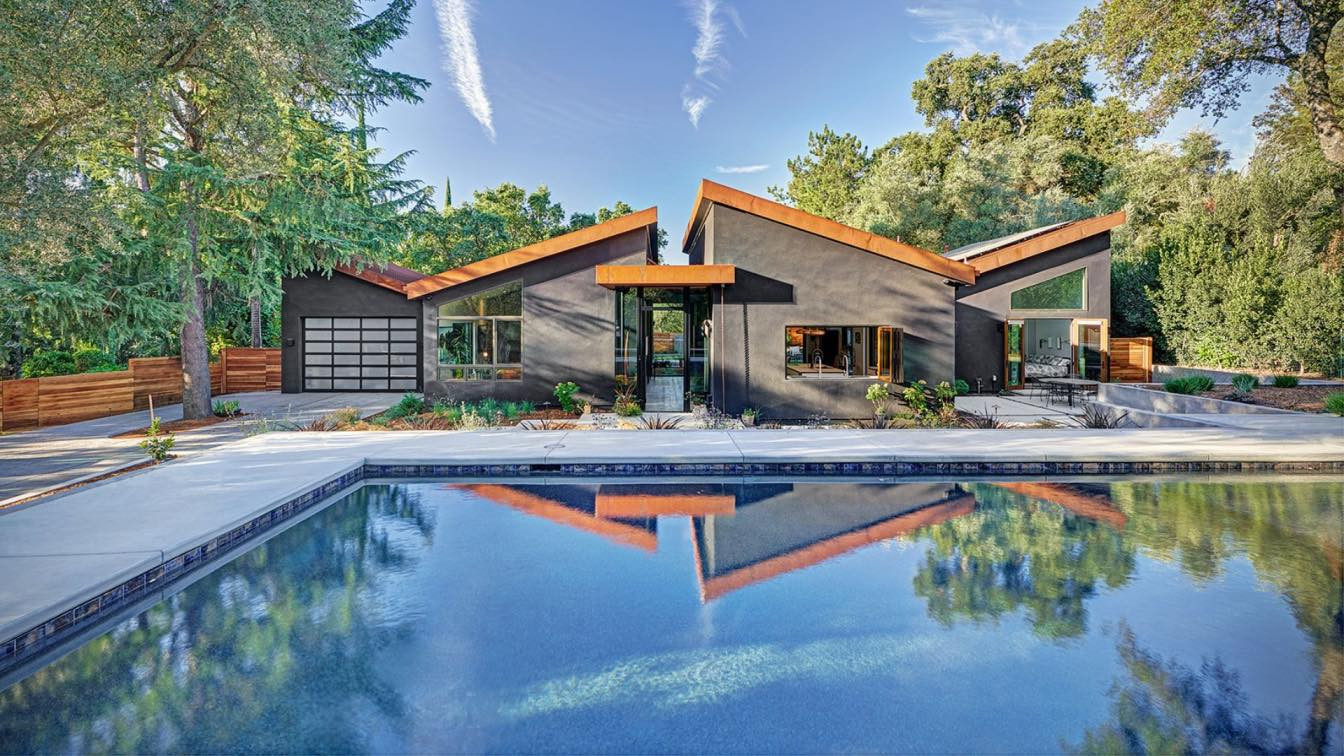
Total Annual Buying Costs
For a $750,000 home, the total annual costs (mortgage, property taxes, insurance, maintenance, and possibly HOA fees) could be roughly estimated as follows:
- Mortgage: $43,200
- Property Taxes: $7,500
- Homeowners Insurance: $1,500 (average)
- Maintenance: $10,000 (average)
- HOA Fees: $3,600 (average)
This gives a total annual cost of:
- $65,800 per year for a typical home in California.
For higher-priced homes, this cost can easily surpass $100,000 per year when all factors are included.
4. Additional Considerations: Opportunity Costs and Long-Term Investment
While the annual costs of buying are generally higher than renting in the short term, homeownership offers long-term financial benefits. A home is an investment, and over time, it can appreciate in value. In California, property values have historically increased significantly, though they can also experience downturns during recessions or housing market crashes.
Renters, on the other hand, are not building equity, and over the years, rent increases can offset the short-term financial savings from renting. Additionally, homeowners may be eligible for tax benefits, such as the mortgage interest deduction, which can reduce their overall tax liability.
5. Conclusion: What’s the Best Choice for You?
Deciding whether to rent or buy in California depends on various factors, including your financial situation, career stability, and long-term plans. If you’re only planning to live in a location for a few years, renting may make more financial sense. However, if you intend to stay for the long haul, buying a home—despite the higher upfront and annual costs—can be a wise investment that helps you build wealth over time.
Ultimately, both renting and buying have their own set of advantages and financial implications, and careful consideration of your personal goals and the current market conditions in California will help you make the best choice for your housing needs.
Read more:
